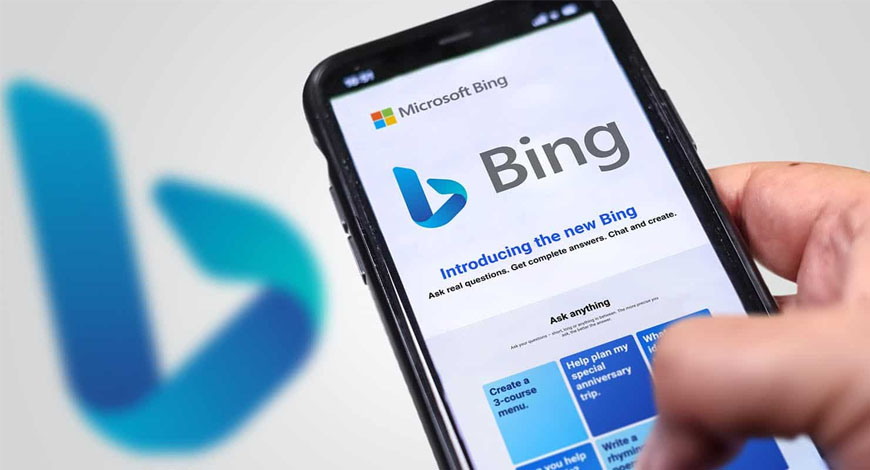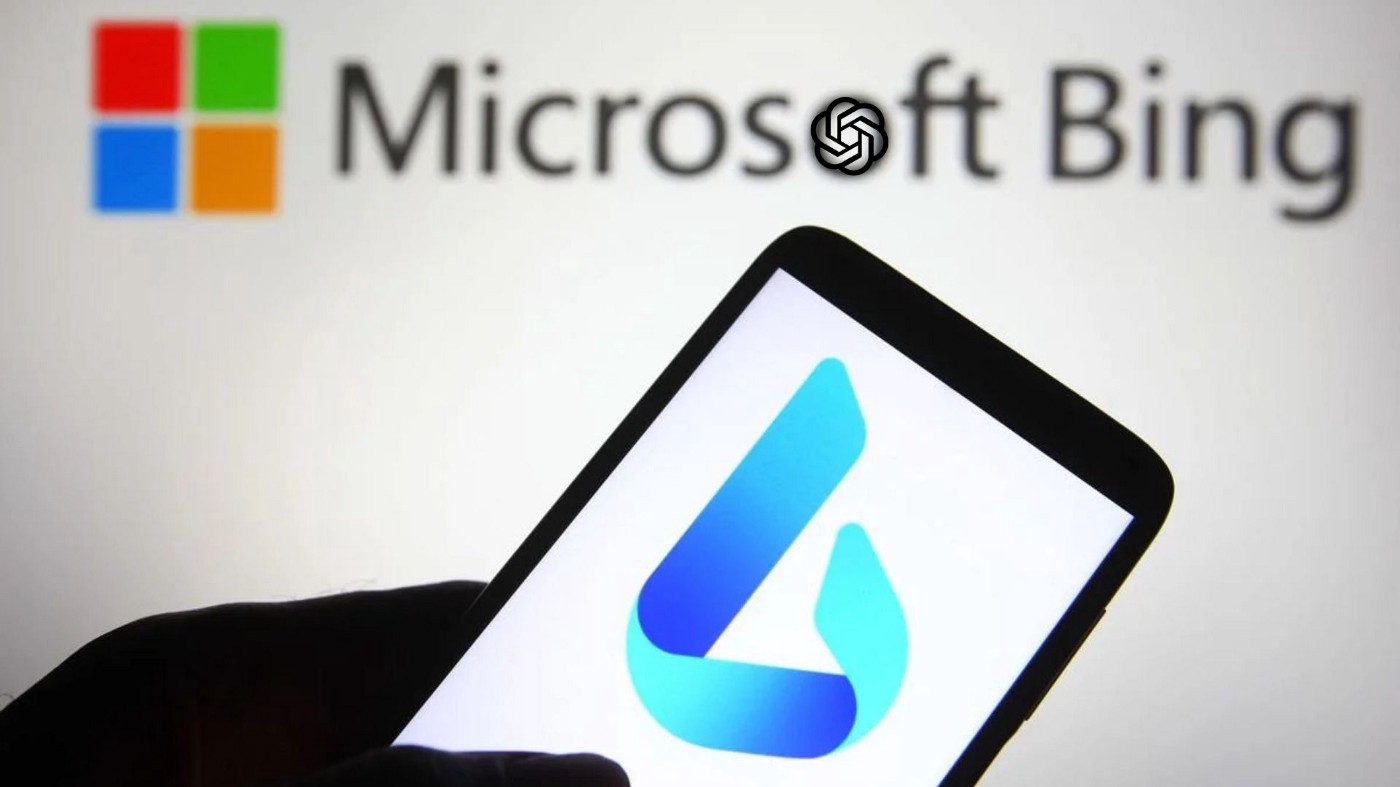Microsoft has released an enhanced version of its Bing homepage that makes use of AI technology, greatly expanding the capabilities of the company’s search engine and Edge, its online browser.
Despite concerns about the perils of such technology, Microsoft has made its generative AI programmes available to the public, according to Yusuf Mehdi, the company’s corporate vice president, in a blog post.
The AI-powered capabilities are now available to all Bing search engine and Edge web browser users.
“This means that it will now be easier than ever for everyone to try out the new Bing and Edge by simply signing into Bing with your Microsoft Account,” Mehdi explained.
Read also: OpenAI, Microsoft to challenge Google with ChatGPT-powered Bing
The New Bing Features
According to the executive, Microsoft has improved Bing services to include the processing of images in addition to text and plans to further enhance them by incorporating video capabilities.
The integration of the Bing “Image Creator” into their AI chatbot allows for the generation of both visual and written content. The executive also mentioned that Image Creator will be available in all languages supported by Bing, enabling users to create images in their native language.
Microsoft’s attractive AI innovations
Mehdi stated that over 500 million chats have occurred in the three months since the launch of AI-driven Bing and Edge. Additionally, Microsoft has reported that individuals have used Bing Creator software to generate over 200 million images.
According to Mehdi, Microsoft believes that it is responsible to innovate and learn in a transparent manner. As a result, their teams are working diligently to tackle problems like misinformation, disinformation, content blocking, data security, and the prevention of harmful or discriminatory content, all of which align with their AI principles.
Potential risks involved
However, the use of AI also poses risks, such as its potential for fraudulent activities, such as the creation of voice clones, deep-fake videos, and convincing written messages.
In March, a group of experts, including Elon Musk and Steve Wozniak, signed an open letter calling for a halt in the development of potent AI systems to ensure their safety. The letter was a response to the generative AI technology developed by OpenAI, which was supported by Microsoft.
The letter stated that AI systems with human-like intelligence could have significant implications for society and humanity. The experts suggested that such powerful AI systems should only be created once there is a high level of certainty that their effects will be beneficial and their risks will be controllable.
Geoffrey Hinton, a renowned computer scientist known as “the godfather of artificial intelligence,” resigned from his position at Google to raise concerns about the risks of the technology.
He stated that it would be logical to stop the development of AI but acknowledged that this idea is impractical due to the fierce competition among countries and companies involved in the field. Hinton, who played a significant role in creating AI systems, emphasized that the threat posed by AI is significant and imminent.


